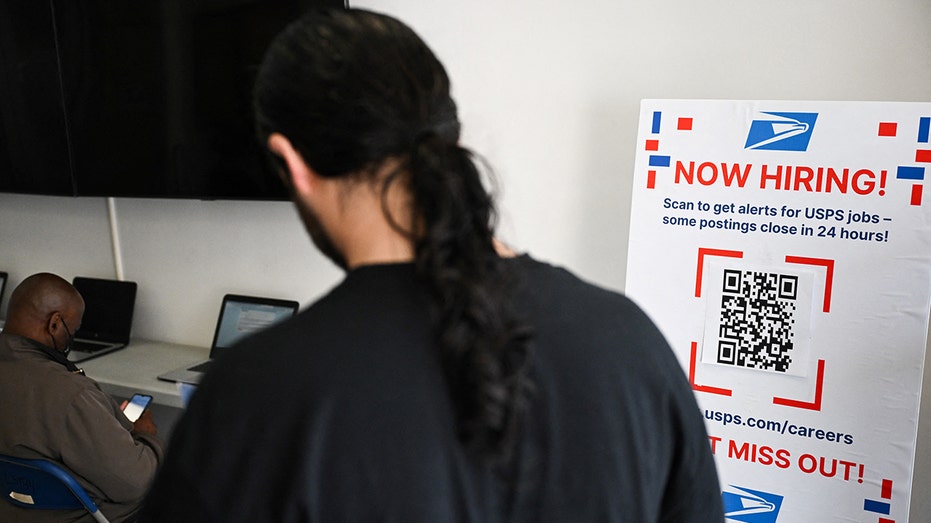Forty percent of people hunting for a new job are using artificial intelligence to improve their chances of getting hired, according to a recent report by Jobseeker.
As more AI-generated cover letters are being seen by hiring managers, job hunters need to make sure the machine doesn’t torpedo your chances of getting hired.
Andreas Voniatis, an “SEO veteran turned data scientist,” according to his X account, as well as the founder and CEO of Artios, shared some tips to balance AI with the human touch.
Manufactured feel
Voniatis says “machine-written applications” lack personality. Instead, they “rarely stray from stiff, formal language patterns when describing career history,” creating a “manufactured feel” that “immediately stands out to recruiters who spend their days reading thousands of real applications.”
NVIDIA CEO SAYS AI WILL CREATE MORE JOBS DESPITE WORKFORCE CHANGES
“AI tends to lean on a formal vocabulary that feels like it came from a college essay or business manual,” he said in a statement. “Words like additionally, crucial, underscores, endeavor, leveraged, synergy, facilitate, or driven by a passion for innovation, all raise suspicions.”
Missing concrete examples of success
Humans are good at sharing personal stories “that AI simply can’t invent,” Voniatis said. When vague accomplishments rather than concrete examples with little details are given, employers are more likely to believe the jobseeker turned to AI to help them apply for the gig.
AMAZON CEO SAYS AI WILL REDUCE HIS COMPANY’S WORKFORCE

Unusual formatting patterns
Document formatting matters, Voniatis said, and even minor inconsistencies can expose artificial origins.
“AI writing tools make subtle but noticeable formatting mistakes that human applicants avoid,” he said. “Watch for odd spacing between paragraphs, weird alignment issues, or random font changes that wouldn’t appear in carefully prepared human documents.”
Too perfect, no human touch
Sentence structure is important, too. Employers notice when something is written flawlessly and fluidly, Voniatis said.
“Human applicants naturally change the length of their sentences regularly and can create some clunky sentences,” he said. “AI completely lacks this instinct and produces perfect sentences with little variation in length and structure and with no mistakes or clunkiness.”
While Voniatis does not believe job hunters should be punished for using the technology, he does believe hiring managers should be sure that what they have written “accurately reflects the person they might eventually hire,” he said.
“Asking very specific follow-up questions during interviews that probe the experiences mentioned can verify whether the candidate actually understands what they’ve claimed on paper,” Voniatis said.
